

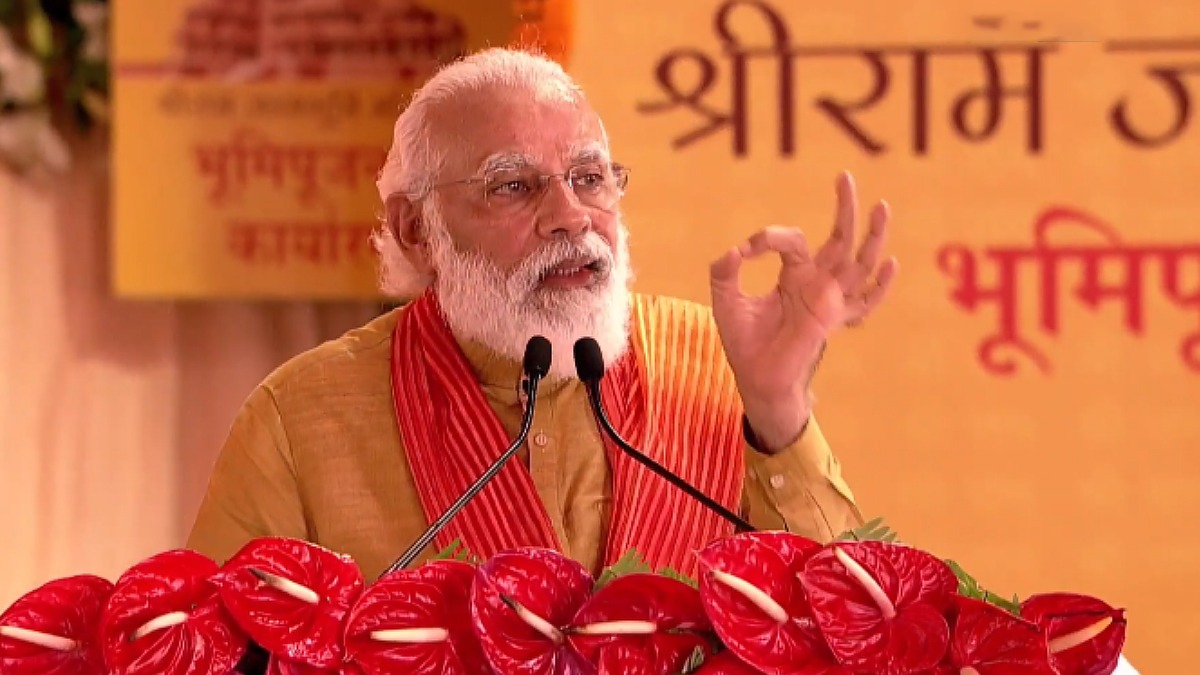
In a mega rally in Karnataka, Prime Minister Narendra Modi declared that the decision to build Ram Mandir in Ayodhya should have been taken right after India gained Independence in 1947. He criticized the Congress party for delaying the construction and accused them of disrespecting the temple. PM Modi also urged the people to vote for the BJP in the upcoming elections.
Yearning for Ram Mandir: The Long-Awaited Dream
The construction of a Ram Mandir in Ayodhya, a sacred site in Uttar Pradesh, India, has been a contentious issue for decades. The dispute stems from the belief that the site was the birthplace of the Hindu deity Lord Rama and that a grand temple should be built there to honor his memory.
Historical Context
In 1528, the Babri Masjid (Mosque) was built on the site where Hindus believed Lord Rama's birthplace was. For centuries, there were sporadic conflicts between the two religious groups over the ownership of the site. In 1949, Hindu activists entered the mosque and installed an idol of Lord Rama, sparking a violent controversy.
Legal Battle and Demolition
In 1984, the Vishva Hindu Parishad (VHP), a Hindu nationalist organization, began a movement to build a Ram Mandir on the site. This led to a legal battle between the government and the Hindu groups. In December 1992, a mob of Hindu activists demolished the Babri Masjid, triggering widespread religious violence.
Recent Developments
In 2019, the Supreme Court of India ruled that the disputed site should be given to the Hindu groups to build a Ram Mandir. The government subsequently formed a trust to oversee the construction. The foundation stone for the temple was laid in August 2020.
Political Implications
The Ram Mandir issue has been politically charged for decades. The BJP has been a strong advocate for the construction of the temple, while the Congress party has been more cautious. Prime Minister Narendra Modi has repeatedly invoked the issue in his speeches and has vowed to build a grand temple.
FAQs
1. When will the Ram Mandir be completed?
The construction of the Ram Mandir is expected to be completed by December 2023.
2. Who is funding the construction of the Ram Mandir?
The Ram Mandir is being funded by donations from the Hindu community both in India and abroad.
3. What is the significance of the Ram Mandir?
For Hindus, the Ram Mandir represents the triumph of good over evil and the fulfillment of a centuries-old aspiration.
4. Has the dispute over the Ram Mandir been resolved?
The Supreme Court of India has ruled in favor of building a Ram Mandir on the disputed site, but there are still some outstanding legal challenges.
5. What is the role of the BJP in the Ram Mandir issue?
The BJP has been a strong supporter of the construction of the Ram Mandir and has promised to complete it if elected to power.
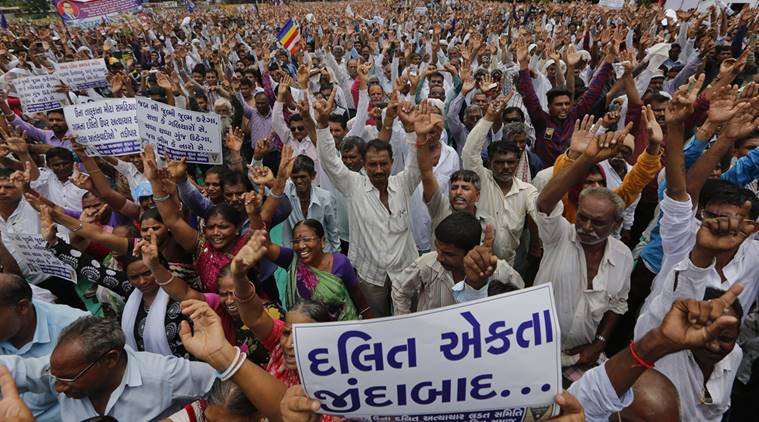
In a show of solidarity, Gujarat Congress leaders have announced a mass gathering in Gandhinagar to protest against alleged discrepancies in the GPSC results. The party claims that candidates from marginalized communities have been unjustly given lower marks in the interview stage, leading to a denial of opportunities. Senior Congress leaders have met with affected candidates and accused the BJP-led state government of deliberately sidelining candidates from SC, ST, and OBCs. The protest aims to bring attention to this issue and demand a fair and unbiased selection process.
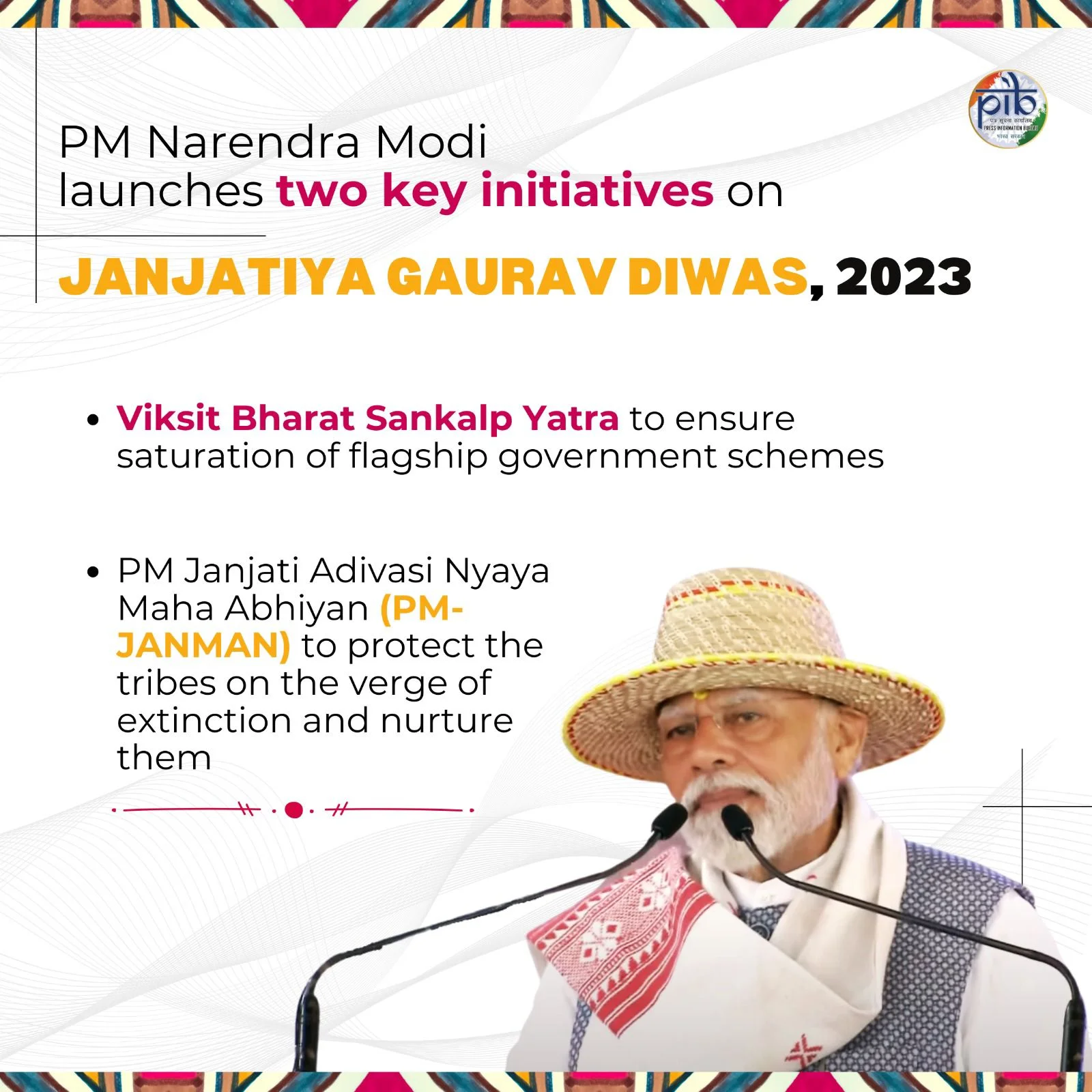
Speaking at the Rising North East Summit, PM Narendra Modi emphasized the diversity and strength of the North East region. He described it as the Ashtalakshmi and outlined its various assets, such as bio-economy, tea production, and ecotourism. He also stressed the importance of Eastern India in the development of a developed India and shared the government's policy for the region. The two-day summit aims to attract investment to the North East and showcase it as a land of opportunity.
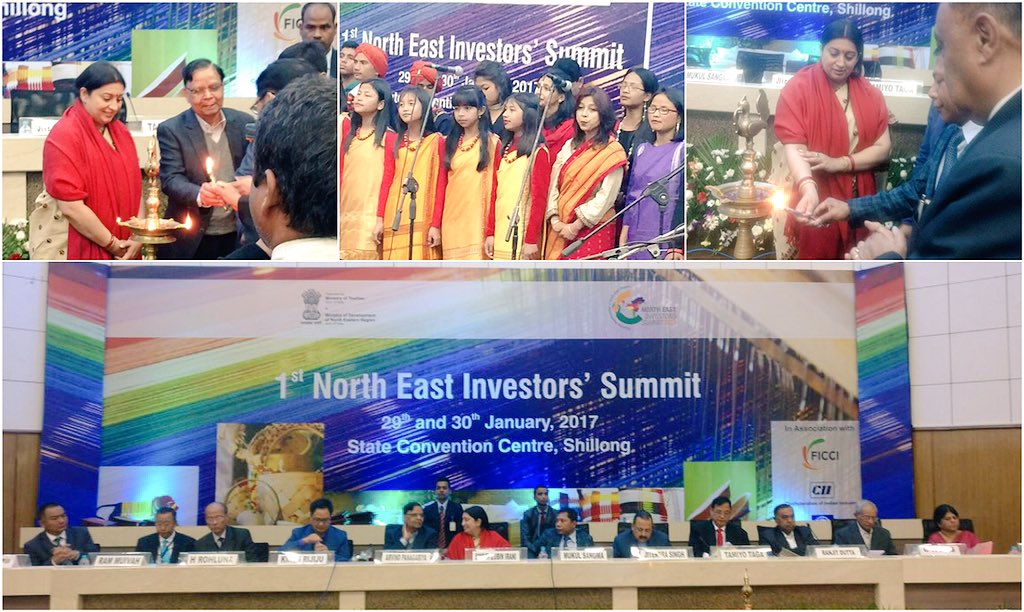
Prime Minister Narendra Modi inaugurated the Rising North East Investors Summit 2025, expressing pride, warmth, and immense confidence in the region's future. He highlighted the Northeast's diversity and growing potential in various sectors, such as tourism, bio-economy, and bamboo industry. The Prime Minister praised the efforts of ministries and state governments in creating an investment-friendly environment and reaffirmed his commitment to the region's growth and prosperity.
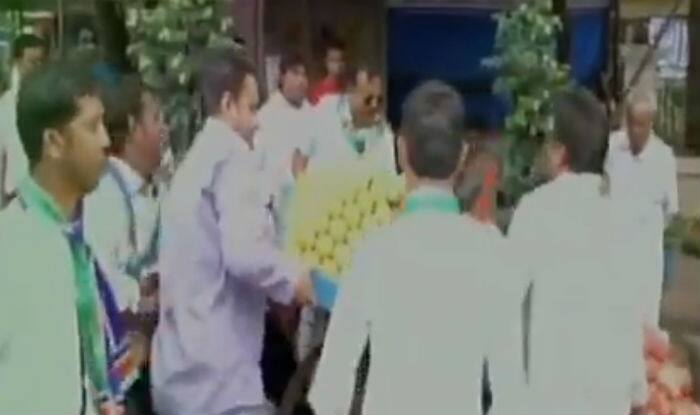
A video of a non-Maharashtrian worker being threatened by a customer for not speaking Marathi at a farsan shop in Mumbai's Ghatkopar area has gone viral. In the video, the customer can be seen forcing the worker to learn Marathi or close his shop, despite the worker politely explaining the unrealistic expectations. This recent incident highlights the ongoing language war in Maharashtra and the discrimination faced by non-Maharashtrians. It also brings to light the similar incident that occurred with a Domino's delivery boy earlier this year.
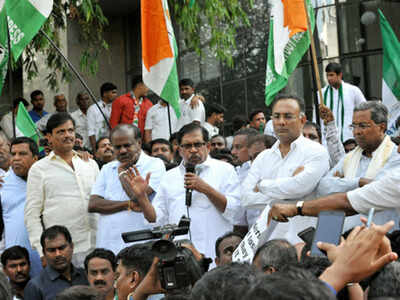
In a major political development, the Enforcement Directorate conducted raids at 16 locations linked to Karnataka Home Minister G Parameshwara, including several educational institutions. The ED claims that the trust running these institutions made a payment to settle a Kannada actor's credit card bills, which could be damaging for the minister. Political analysts speculate that Parameshwara is being targeted because he is seen as a potential candidate for the Chief Minister's post. This crisis could also impact the informal understanding within the Congress party regarding succession of leadership in the state.

The National Investigation Agency (NIA) is intensifying its efforts to catch the perpetrators of the Pahalgam terror attack in Kashmir, which claimed the lives of 26 people. As part of the investigation, the NIA has questioned locals and gathered photos and videos of the attack. Now, the agency is appealing to tourists and residents to come forward with any relevant information that could help solve the case. The Maoist insurgency in India is facing a potential leadership crisis after the death of their general secretary, and two leaders are being considered as potential successors. The party is also facing recruitment challenges and calls for peace talks.

A viral video of a State Bank of India official in Bengaluru refusing to speak Kannada with a customer has sparked outrage and led to the official's transfer. Karnataka Chief Minister Siddaramaiah has strongly condemned the incident and emphasized the importance of speaking local languages. He has called for mandatory cultural and language training for bank employees and urged them to respect local languages as it is a sign of respecting the people. The incident has reignited debates over linguistic identity in Karnataka, with some arguing for mandatory use of Kannada in banks.
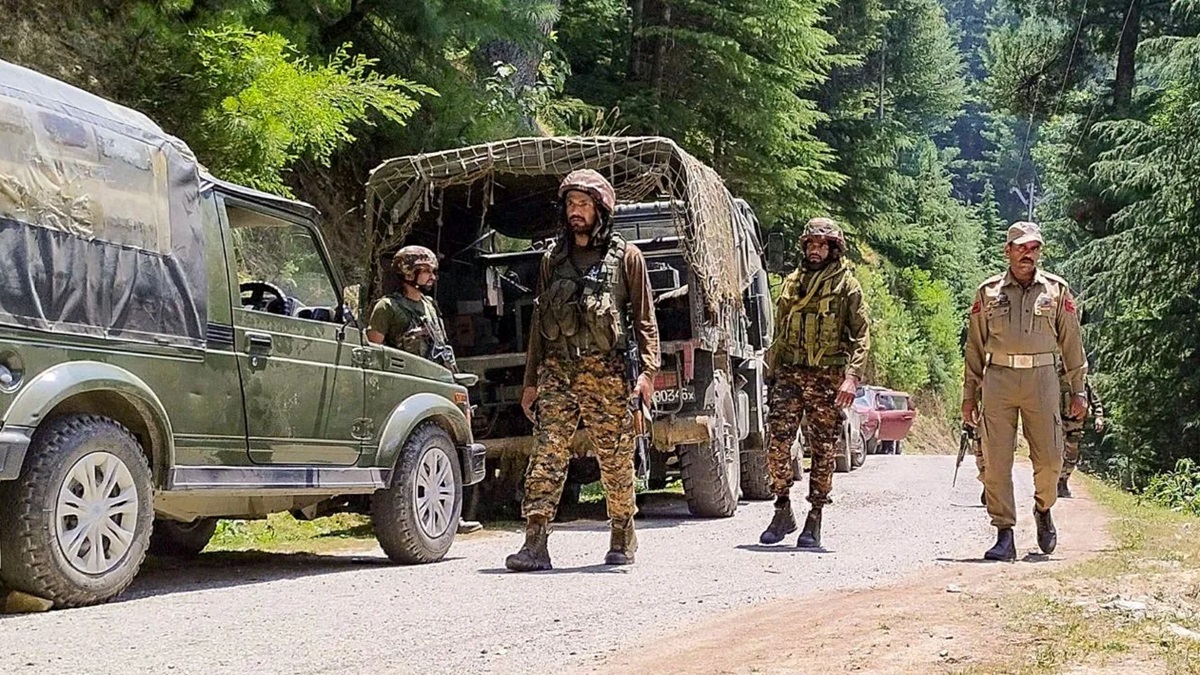
A gunfight erupted between security forces and terrorists in Kishtwar district of Jammu and Kashmir, with local reports suggesting that three terrorists are trapped in the encounter. The clashes come after India conducted precision strikes on terrorist infrastructure in Pakistan and Pakistan-occupied Kashmir, resulting in Pakistan's attempted attacks on Indian military bases. This comes as part of Operation Sindoor, launched in response to a terror attack in Pahalgam that claimed the lives of 26 people.
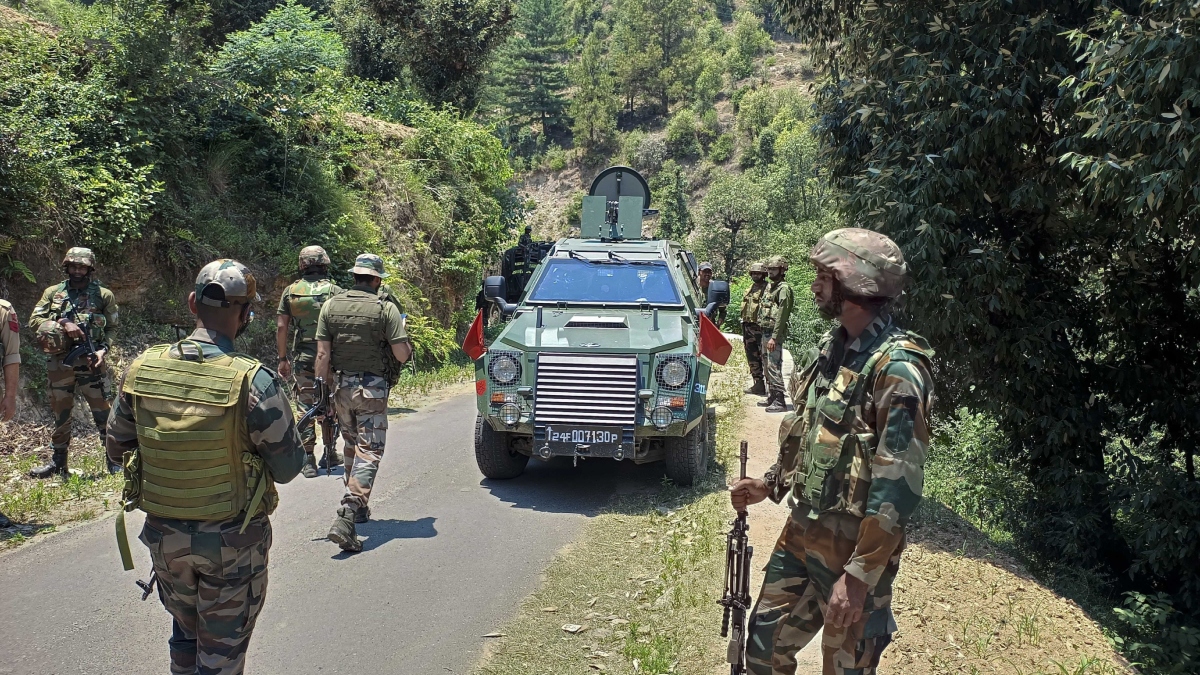
Security forces in the Singhpora area of Chatroo in Kishtwar, Jammu and Kashmir, have trapped three to four Pakistani-backed Jaish-e-Mohammed terrorists. The ongoing joint operation by the Indian Army, CRPF, and local police is based on precise intelligence inputs and is aimed at neutralising the threat posed by the trapped terrorists. This is the second encounter in the same area, and officials have confirmed that the trapped group is the same outfit that had escaped last time. The situation remains tense, with local residents being urged to stay indoors as authorities take necessary precautions to prevent any further escape.
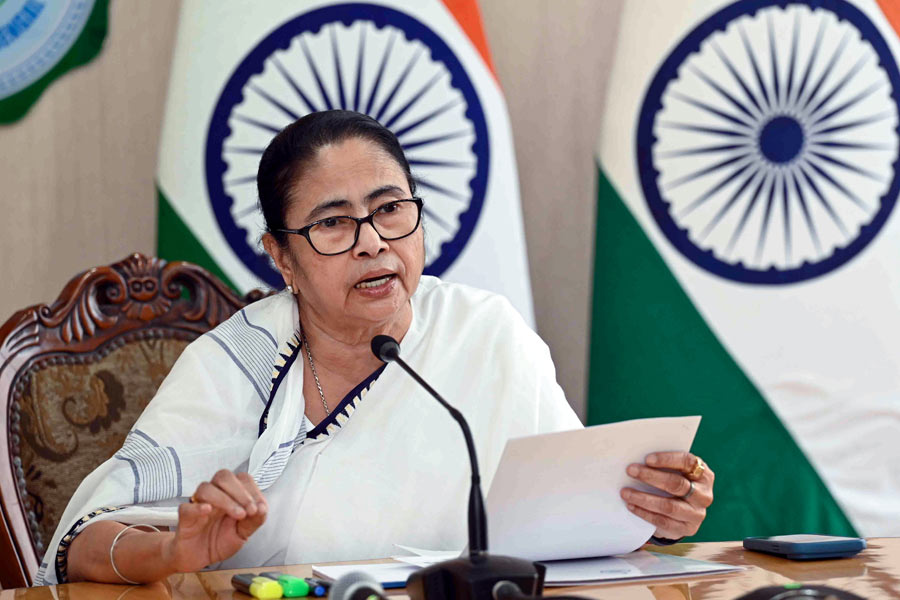
West Bengal's Chief Minister, Mamata Banerjee, gave praise to Raja Ram Mohan Roy on Thursday for his influential role in shaping Indian modernity. She acknowledged that Roy's efforts continue to make a lasting impact on society, even today. Roy is best known for spearheading reforms, such as abolishing Sati and advocating for widow remarriage, before his death in 1833.